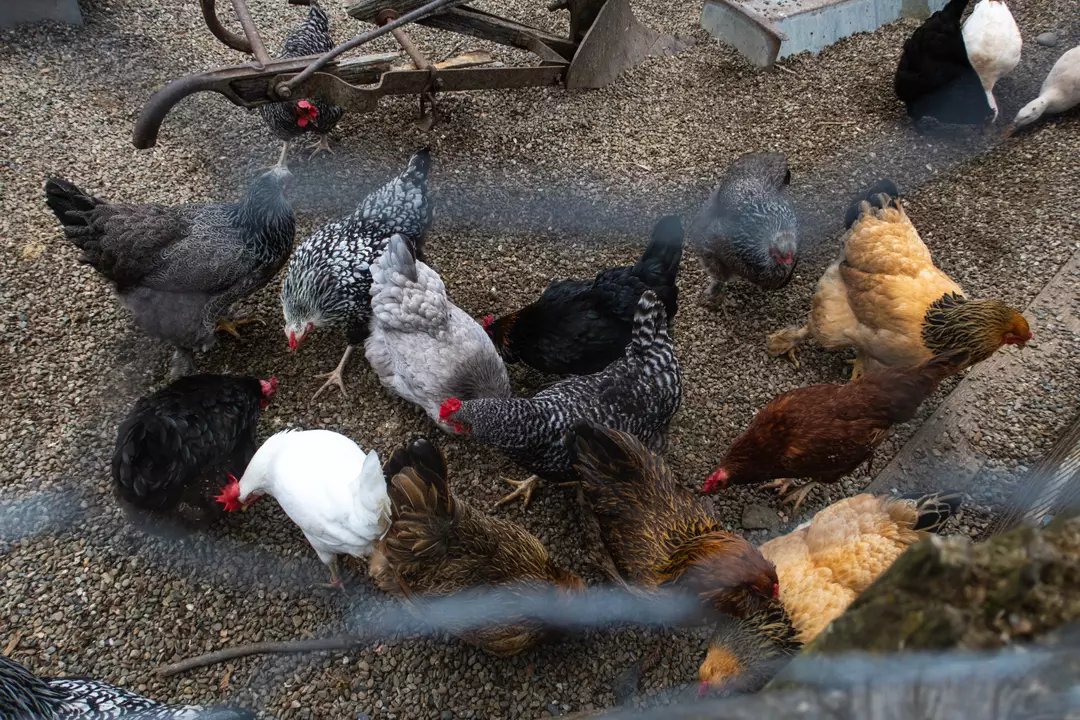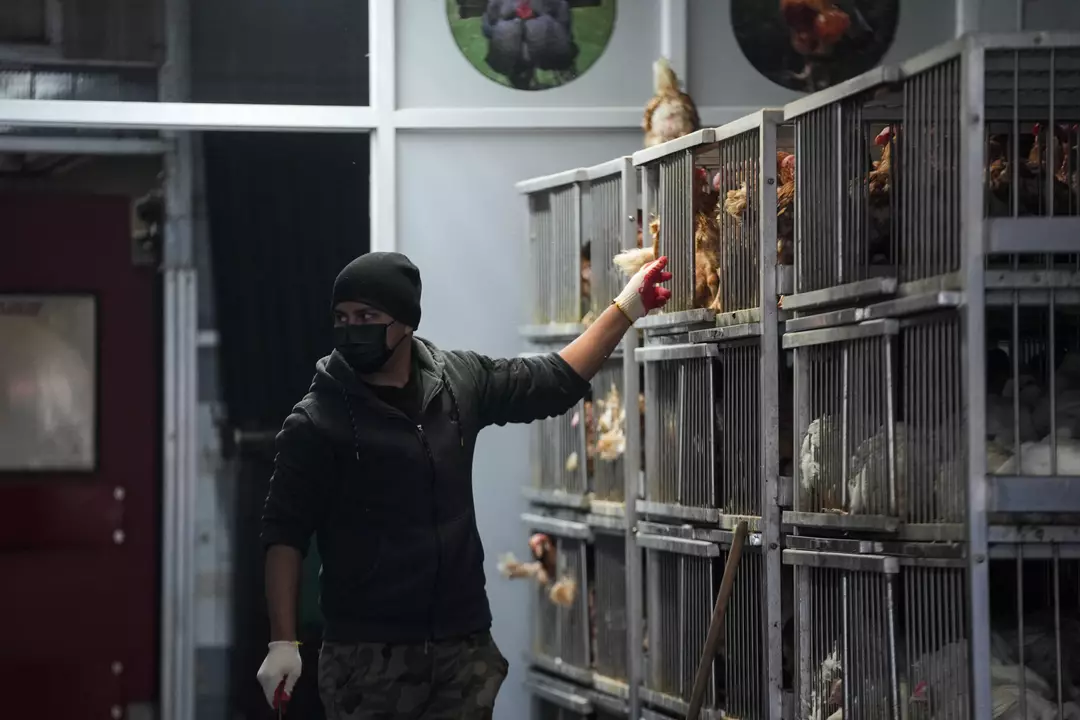A case in Washington is believed to be the first known instance of the H5N5 virus being transmitted from an animal to a human, with the affected individual reportedly in a serious condition.
This variant of avian influenza, often known as bird flu, has historically been identified only in animals. A resident from Grays Harbor in Washington State contracted the virus and was diagnosed after experiencing a high fever, respiratory issues, and confusion upon hospital admission.
Following the diagnosis on November 14, health authorities stated that the patient would remain hospitalized due to their advanced age and existing health issues.
The individual in question reportedly maintained a diverse group of domestic birds at their residence, which had contact with wild birds, potentially leading to the H5N5 infection that made them ill earlier this month.

The Washington State Department of Health informed the public: “On rare occasions, avian influenza viruses can infect people and make them sick. Most cases have occurred in people who were exposed to sick or infected animals.”
The likelihood of bird flu transmission rises considerably during the fall and winter seasons, as more wild birds migrate and potentially spread the virus to domestic poultry populations.
Efforts are underway in Washington to trace contacts of the infected individual to identify anyone who may have been exposed.
“To ensure that human-to-human spread is not occurring, public health officials are contacting anyone who has been in close contact with the patient to monitor for symptoms and provide testing and treatment as needed,” state health officials said.
Despite this unprecedented animal-to-human transmission of the H5N5 strain, the Center for Disease Control (CDC) still considers the overall risk of avian influenza to the broader public to be low.

There have been instances of other bird flu strains infecting humans; for example, the H5N1 and H7N9 strains have been found in individuals, primarily spreading from poultry to farm workers. However, there have been no cases of human-to-human transmission for these viruses.
In January, the H5N1 strain resulted in the death of an elderly man in Louisiana, and the CDC has identified 71 more cases nationwide, 41 of which involve cattle workers, while 24 involve poultry workers.
Individuals in Washington state who own birds are encouraged to monitor their health closely and report any sick or dead birds to the Washington State Department of Agriculture (WSDA) through their online platform.
Residents are also advised against handling any deceased or ill wildlife they may encounter outdoors. In addition, they should prevent pets from interacting with dead birds to limit the spread of the virus.
People are further cautioned to avoid consuming unpasteurized milk and cheese, as well as raw or undercooked meats, to mitigate the spread of avian influenza.

